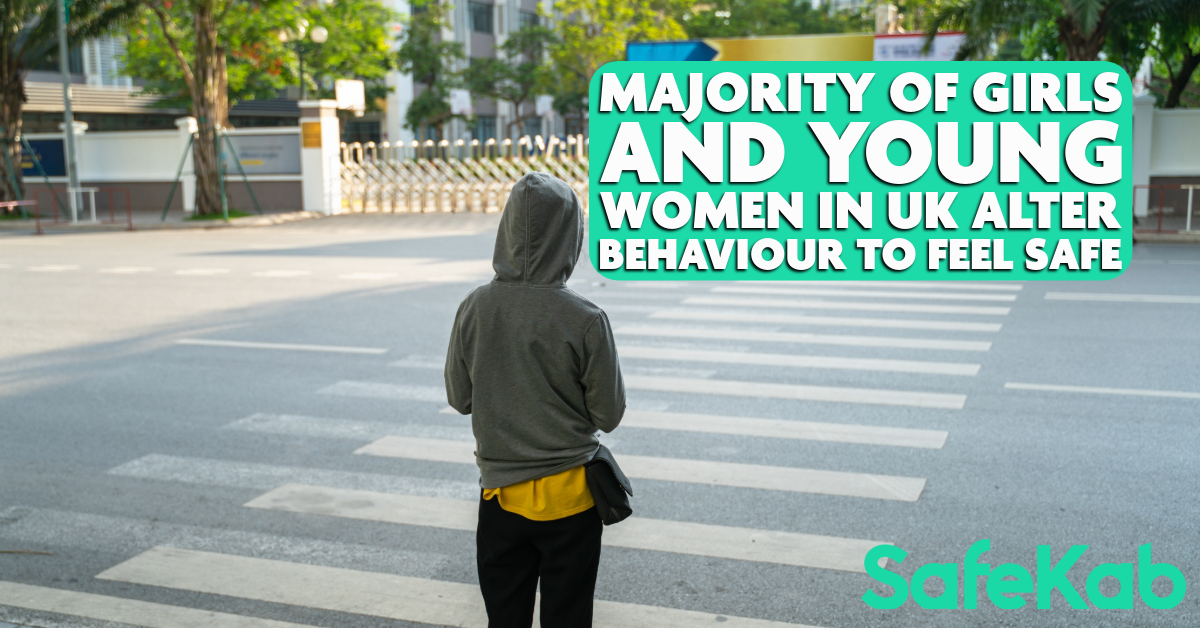Having a good taxi/cab fleet is essential for the growth and development of any city or town. With urbanisation on the rise and public transport systems often unable to cater to the growing population’s needs or depending on where you live, unreliable. Taxis have become an indispensable part of modern urban life.
This article delves into the various reasons why every city needs a good taxi/cab fleet and the benefits it brings to their residents, visitors and the economy.
The Importance of a Good Taxi Private Hire Fleet
Accessibility
A good taxi fleet ensures that transportation is accessible to everyone, including those who don’t own personal vehicles, the elderly, and people with disabilities. Taxis offer door-to-door service, making it easier for individuals to move around the city without having to worry about multiple transfers or long walks to bus stops or train stations. Fulfilling all the city needs including the last and first-mile transfer.
Reliability
When a city has a well-managed and efficient taxi fleet, it provides residents with a reliable means of transportation. In cases where public transit schedules do not align with individual needs, or when public transport is grounded for adverse weather, strikes or a pandemic. A dependable taxi service can bridge the gap and ensure people reach their destinations when all else fails and sometimes pay the ultimate price for doing so.
Safety
A good taxi/cab fleet prioritizes the safety of its passengers. Background checks for drivers, regular vehicle inspections, and adherence to traffic regulations are essential components of a safe and secure taxi service. Furthermore, taxis can provide a safer option for people who might otherwise be tempted to drive under the influence.
Taxis are also a lifeline to night workers, lone females and the vulnerable.
Economic Benefits
Employment Opportunities
Depending on the size of the city, there will thousands if not tens of thousands of taxis/cabs on the road serving their community and visitors to that city.
Not only will a busy cab office be manned 24/7 with call handles, dispatchers and an account department. The thousands of drivers will need their cars maintained and fuelled. The drivers themselves will need to be fuelled with coffee, lunch, bakes and more, leading to overall economic growth within the city.
Boost to Local Businesses
Taxis are essential for transporting customers to and from local businesses, such as restaurants, shops, and entertainment venues. This increased foot traffic not only helps to stimulate the local economy but also fosters a sense of community and vibrancy within the city.
A city with a poor taxi fleet is only damaging to the economy, especially the nighttime economy. If the people of the city caned get home safely after a night out, many will not come to the centre for their night out.
Revenue for the City
A well-regulated taxi industry can generate significant revenue for the city through licensing fees, taxes, and other related charges. This revenue can be reinvested into the city to improve infrastructure and public services.
Environmental Benefits
Reduced Traffic Congestion
By providing an alternative to personal vehicles, taxis can help reduce the number of cars on the road, ultimately leading to decreased traffic congestion. This improvement in traffic flow is beneficial for both residents and visitors alike, making the city more enjoyable and accessible.
It’s important that the city allows taxis/cabs use of the bus lanes. This will help the driver do their job more efficiently, and give the passenger a better experience by enjoying a cost-effective trip.
Lower Carbon Emissions
A well-managed taxi fleet can contribute to a city’s efforts to reduce its carbon footprint. By adopting eco-friendly vehicles and encouraging shared rides, taxi companies can help decrease the overall emissions produced by transportation within the city. Again, the use of bus lanes is vital.
Some companies actively encourage their customers to walk into town for their shopping and call for a cab to take them home.
Ride-Hailing Apps
The advent of ride-hailing apps has revolutionized the taxi industry. These apps allow users to book rides easily, track their driver’s location, and even pay for their trips through the app itself. This convenience and transparency have made it easier for people to choose taxis as their preferred mode of transportation.
In this modern world, it’s quite clear that the majority of the public wants to use technology when it comes to booking a trip.
We just need to use technology to make passengers and drivers as safe as possible whilst on that trip.
Payment Options
Today’s taxi fleets offer a variety of payment options, such as cash, credit cards, and mobile wallets, making it easier for passengers to pay for their rides without any hassle. This flexibility in payment methods has contributed to the overall popularity and accessibility of taxi services.
Tourism and Hospitality
First Impressions of a City
A city’s taxi fleet often serves as the first point of contact for tourists arriving at airports or train stations. A well-organized, clean, and efficient taxi service can create a positive first impression, setting the tone for a memorable and enjoyable visit.
It’s important that the visitor leaves the city with a good impression, so again the taxi plays a vital role in this.
Convenience for Tourists
Taxis play a crucial role in catering to the needs of tourists by providing convenient transportation to popular attractions, hotels, and restaurants. A good taxi fleet makes it easier for visitors to explore and enjoy the city, ultimately boosting the city’s tourism industry.
There are great platforms out there like TripAdvisor but the local knowledge of a taxi driver is well documented and visitors just love to get some tips from their local cabbie.
Key Points
- What makes a taxi fleet “good”?
A good taxi fleet offers accessibility, reliability, and safety, as well as maintains a high standard of customer service and vehicle maintenance.
- How do taxis contribute to the local economy?
The taxi/cab industry plays a key part in employment plus they support local businesses by driving customers to and from their establishments and generating revenue for the city through licencing fees.
- Why do taxis help keep a city safe?
The city community can enjoy an on-demand service from a vetted professional driver
When all other public transport is grounded, taxis will fill the cap and get you home safely.
Night-time workers, lone females and the vulnerable need to rely on a good taxi fleet.
Conclusion
In conclusion, every city needs a good taxi private hire fleet to ensure accessible, reliable, and safe transportation for its residents and visitors. A robust taxi industry contributes to the local economy, reduces traffic congestion and carbon emissions, and enhances the overall appeal of the city for tourists. By investing in and supporting a thriving taxi private hire fleet, cities can greatly enhance the quality of life for their residents and create a more vibrant and welcoming environment for all.






